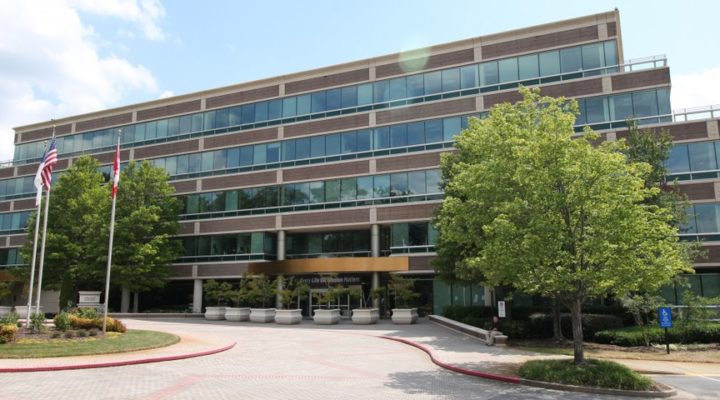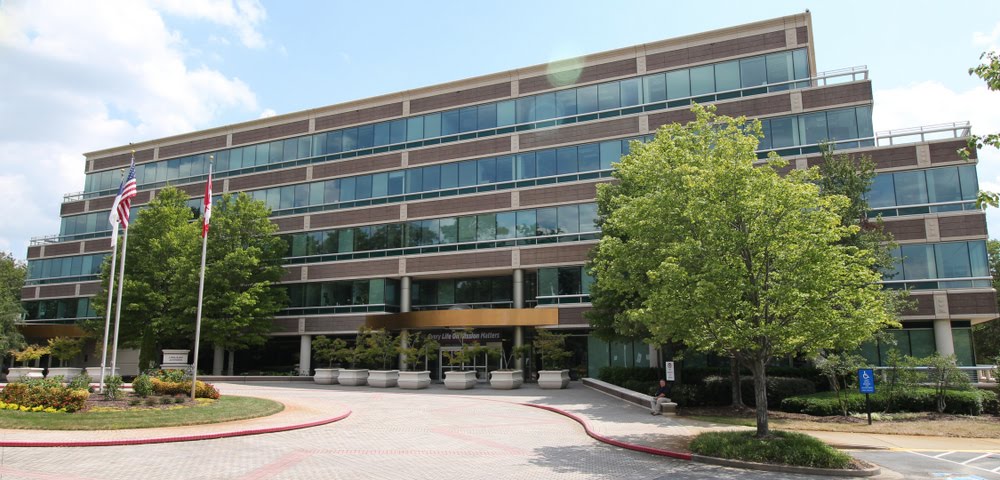Will McRaney last week won two procedural moves in his lawsuit against the Southern Baptist Convention’s North American Mission Board.
After years of legal delays — including a ruling by the U.S. Supreme Court — the case finally appears headed to trial next June, just days before the SBC annual meeting convenes in New Orleans.
McRaney, former executive director of the Baptist Convention of Maryland and Delaware, contends NAMB and its officers defamed him and caused the two-state convention to fire him by threatening to take away essential funding. He also contends NAMB officials conspired to keep him from getting other speaking and consulting engagements.
The case has national significance because NAMB has relied on an ecclesial employment exemption defense — even though McRaney was not an employee of NAMB.
On Dec. 21, U.S. Magistrate Judge David A. Sanders denied a motion to quash subpoenas issued for testimony from the Baptist Convention of Maryland and Delaware. The state convention had asked to quash the subpoenas for testimony in the McRaney case.
Ostensibly, that could divulge communication between state convention officials and NAMB officials related to McRaney’s employment.
The next day, Dec. 22, Judge Sanders compelled production of discovery material that NAMB had asked to be excluded from public view.
McRaney had asked for NAMB to produce “any agreement(s) you have entered into with any individual or organization that you believe limits or constrains, in any way, the ability or authority of any such individual or organization to speak, write or comment about plaintiff, about NAMB, or about this case (including but not limited to any severance agreements, non-disclosure agreements, non-disparagement agreements, or ‘cooperation agreements’).”
NAMB had countered that four such agreements “between NAMB and certain NAMB employees” should be withheld due to the work product doctrine. However, Roberts said that legal doctrine does not apply in this case.
The documents in question appear to be nondisclosure agreements — a tactic for which NAMB leaders have been repeatedly criticized by others in the SBC who believe the mission board lacks transparency in its dealings.
“The mere existence of these agreements raises the possibility of a potential witness self-censoring testimony and withholding information based on the belief that it is privileged, even without a formal invocation of the privilege,” the judge wrote. “Even if NAMB’s selection of the employees subject to these agreements can be construed as work product, the plaintiff is entitled to know which employees are subject to these agreements. Accordingly, NAMB is ordered to produce the agreements identified in its privilege log under a protective order if they so choose no later than December 30, 2022.”
Related articles:
McRaney trial finally gets a date, and NAMB is compelled to expand the scope of its documentation
Seven years later, Will McRaney might get his day in court against NAMB — maybe
McRaney case against NAMB must proceed for now, U.S. district court rules
Supreme Court rejects NAMB’s request, sending McRaney case back to trial
SBC agency’s appeal to Supreme Court touches on religious liberty, defamation and Baptist autonomy


